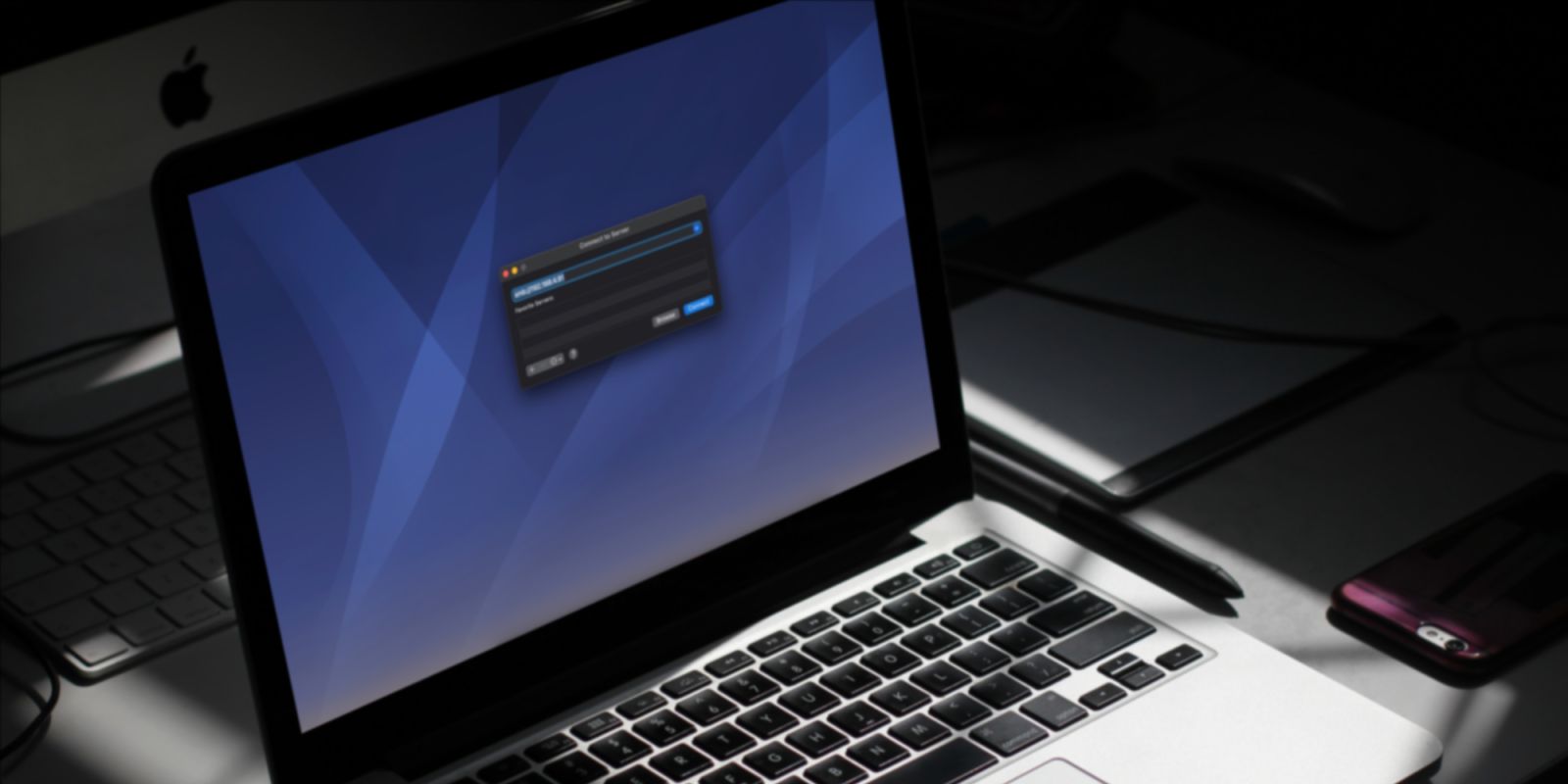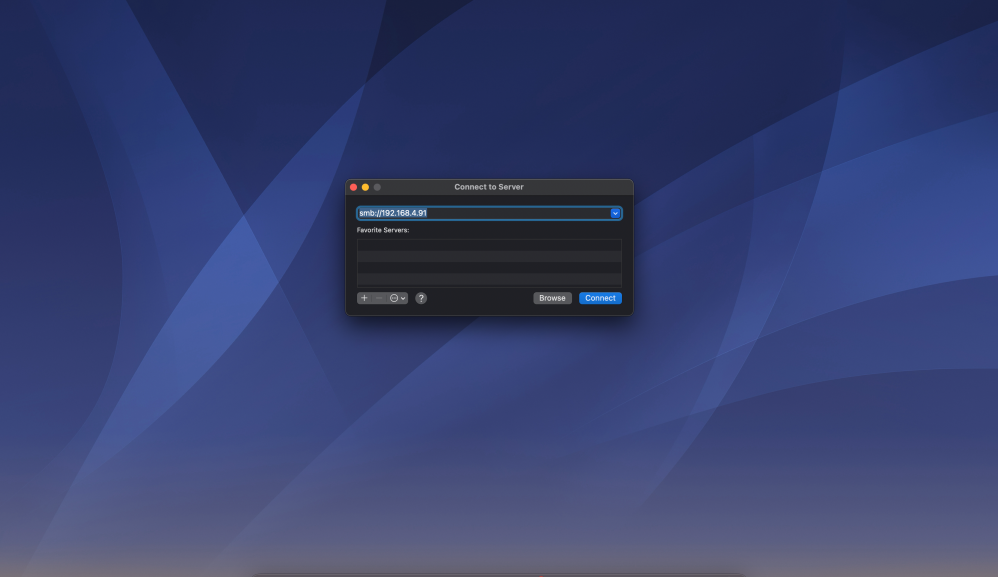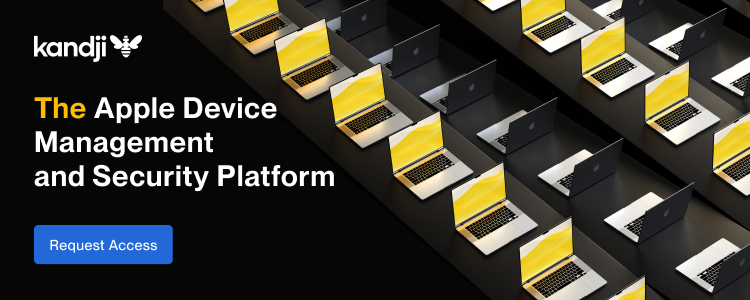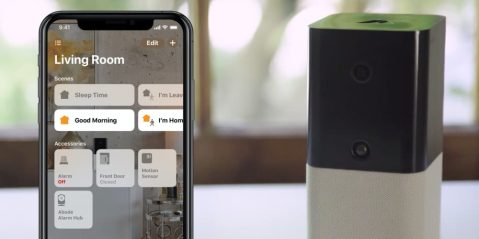
Apple @ Work is brought to you by Kandji, the MDM solution built exclusively for organizations that run on Apple. Kandji is a modern, cloud-based platform for centrally managing and securing your Mac, iPhone, iPad, and Apple TV devices, saving IT teams countless hours of manual work with features like one-click compliance templates and 150+ pre-built automations, apps, and workflows. Request access.
There’s no nice way to say it: File sharing to Windows Server on macOS is a half-baked solution at best. I am not sure if it’s how Apple implemented the protocol, but I’ve talked with countless IT professionals over the past year and everyone comes to the same conclusion: It’s the worst part of using a Mac at work. Disconnects plague macOS in the middle of transfers while Windows stays readily connected to the same server.
About Apple @ Work: Bradley Chambers managed an enterprise IT network from 2009 to 2021. Through his experience deploying and managing firewalls, switches, a mobile device management system, enterprise grade Wi-Fi, 100s of Macs, and 100s of iPads, Bradley will highlight ways in which Apple IT managers deploy Apple devices, build networks to support them, train users, stories from the trenches of IT management, and ways Apple could improve its products for IT departments.
I thought everything moved to the cloud?
The only reason this buggy implementation isn’t a bigger deal externally for Apple is that so many organizations have moved to OneDrive, Google Drive, etc. Network file shares were already on the way out pre-pandemic, but it’s much easier to use cloud storage for file sharing when employees are fully remote or even in a hybrid setting. Connected to a local network when you’re hundreds of miles away from the office requires a VPN connection – which many organizations have stopped using in the age of SaaS products. It’s much simpler for employees to access documents in OneDrive or Google Drive than it is to activate a VPN, connect to a file share, etc.
What problems occur?
Initially connected to network file shares on Windows is still much easier in my opinion. Some of that is due to the streamlined process of having a file server inside the same server as your local Active Directory. Yes, a local AD server isn’t as common today as many companies are turning to cloud-based solutions like JumpCloud instead. JumpCloud tightly integrates with Google Workspace and Microsoft 365, so companies can build their own alternative solution. With that being said, there’s a benefit to AD if you’re using a local file server setup.

Even once you’re connected through a slightly clunky process, good luck staying connected. I’ve run a few tests where I connected to an Intel NUC I have in my house acting as a media server. I’ll connect to the share and just let it sit with no file transfer. There’s almost no chance I can do two to three days without losing connection to the server. There are only plenty of times that I’ll be in the middle of an active transfer and it decides to disconnect. In my situation, it’s annoying. If you’re at work and this happens, it’s a big problem. In a nutshell, the implementation isn’t reliable.
What can Apple do?
Is this an issue with how Microsoft has implemented the file sharing protocol? Possibly. Even so, it’s one of those situations where it might not be Apple’s fault, but it’s their problem. I’ve tried all the hacks. I’ve tried the Terminal commands. I’ve tried alternative apps to enable different protocols for file sharing. If you’re thinking there’s a trick I’ve not tried and you’re gonna offer a solution in the comments – feel free to note it, but I’ve probably tried it. If you spend time on DuckDuckGo researching the problem, you’ll find countless support posts and Reddit threads with people in the same situation.
In enterprise settings, I’ve consulted with experts of 25+ years on Windows Server, and they’ve all come to the same conclusion – this is something Apple has to fix. Some versions of macOS are better than others. Some upgrades make it a bit better, but then others take a step back.
Whatever the problem, Apple needs to recognize it and figure out a permanent fix. Yes, it’s a “dying art,” but plenty of organizations still need it. Even in the home, it’s not uncommon to remotely connect to another computer acting as a home server.
For macOS 10.16, the only bug fix I want to see is rewritten implementation of Windows file sharing.

Apple @ Work is brought to you by Kandji, the MDM solution built exclusively for organizations that run on Apple. Kandji is a modern, cloud-based platform for centrally managing and securing your Mac, iPhone, iPad, and Apple TV devices, saving IT teams countless hours of manual work with features like one-click compliance templates and 150+ pre-built automations, apps, and workflows. Request access.
FTC: We use income earning auto affiliate links. More.









Comments